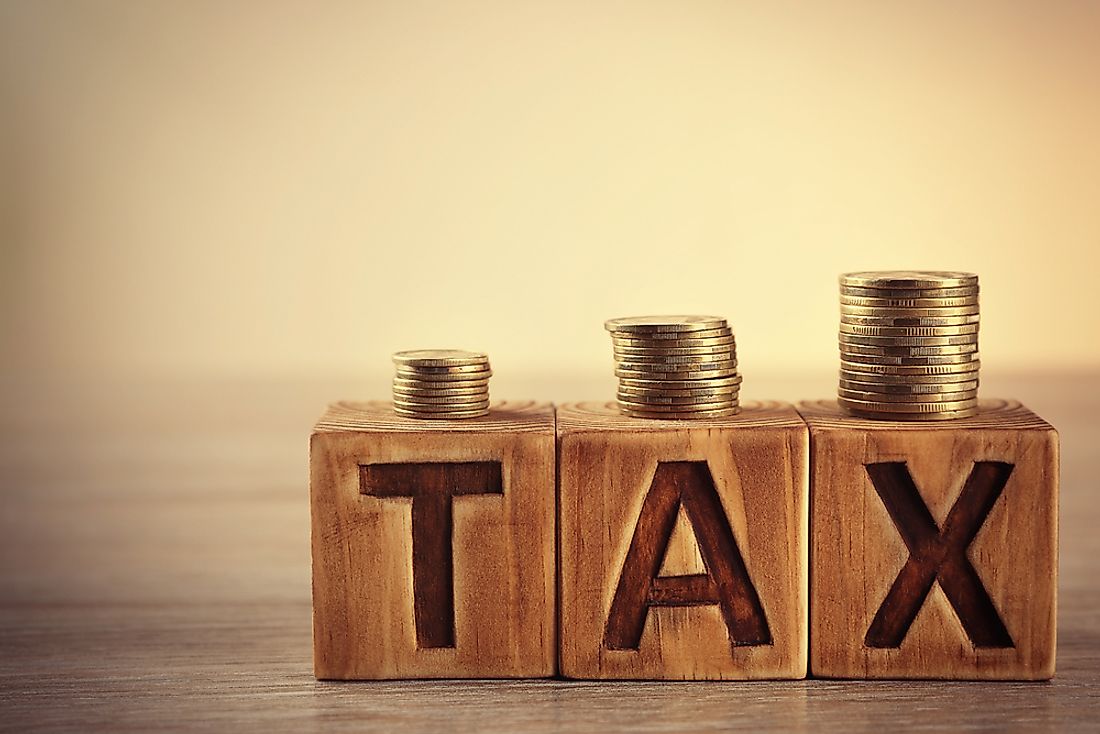What is the Sales Tax in Texas?

Texas is one of the few states in the United States that does not have an income tax. It relies on sales tax for its overall revenue. Sales tax is any tax paid to the authority for the sale or purchase of certain goods or services. The current percentage rate of paying sales tax in Texas is 6.25%. However, the tax can be as high as 8% in some of the areas within the state, especially when the local tax is also included. The extra tax is limited to 2% making the maximum sales tax rate in Texas to be 8.25%. Dallas, San Antonio, Austin, and Houston all have additional taxes which brings the total sales tax to a figure higher than 6.25%
Brief History of Texas Sales Tax
The use of sales tax by the US states dates back to around 1821, though the use of tax was not broad-based. The development of the modern sales taxes is attributed to the depression era. 24 states first levied the sales tax in the 1930s, 11 in the 1940s and 1950s, and another 11 in the 1960s. Texas was among the 11 states to introduce a sales tax in the 1960s having adopted it in 1961. The percentage of sales tax charged in Texas has varied over the years with the recent suggestion by the Republicans to lower it to about 5.4%.
Ins and Outs of Sales Tax in Texas
The sales tax is collected on all the retail sales, rental, and leases of most of the goods. Most food products are exempt from sales tax. However, prepared food, soft drinks, and other non-food items sold in grocers and similar locations are subject to tax. Sales tax is also charged on several services offered within the state of Texas. Some of the taxable services include amusement services, cable and satellite television services, data processing, debt collection, insurance, and internet access services. Additionally, Texas authorities also impose use tax of a similar percentage. Meaning, if a resident of Texas buy goods or acquire services outside of the state but bring them back for use within the state, they are required to pay the same amount of tax as if they had bought the good or acquired the service in Texas.
Business Sales Tax
For customers, paying sales tax is very simple, they just pay it. However, for businesses, the collection of sales tax is a burden they do not wish to carry. Businesses that collect sales tax in Texas apply for permits and are informed whether they need to file sales tax report and the frequency of payment, either monthly or quarterly. Businesses that file their tax monthly must send a report and pay tax on or before 20th of the following month while quarterly filers must do so by the 20th of the following month after the end of each calendar quarter. Taxes are collected from businesses using TAXNET electronic payment system. Taxpayers are often granted a minor discount of about 0.5% to 1.75% of tax owed if they pay their tax on time or pay the sales tax upfront. A penalty of $50 applies for a late-filed report, 5% for late payment of tax 30 days or less after the due date, and 10% for payments after 30 days.











